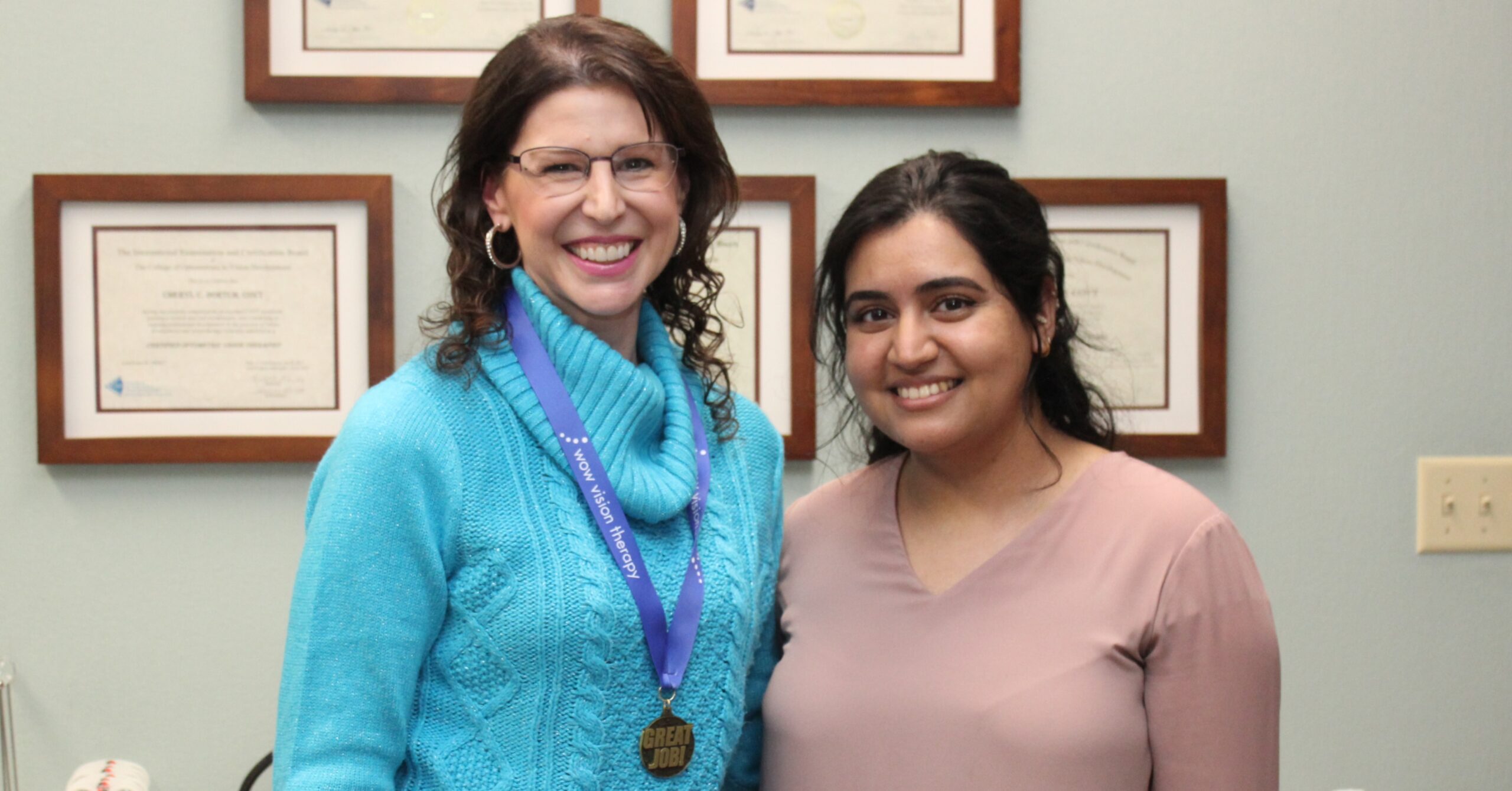Wow Vision Therapy Blog
Category: Adults
Serena’s Success Story

By: Serena I came to Wow Vision after years of on-and-off dizziness and going to many kinds of doctors who either did not help me or just thought I had migraines. I had an MRI and other tests that were…
Adults with Lazy Eye – How do I treat Amblyopia at Home?

If you are an adult living with Amblyopia (Lazy Eye), you understand how your vision impairment has affected you during your lifetime. That’s because the vision loss associated with Amblyopia begins early in childhood. More importantly, your Amblyopia is more…
Visual Problems Left Her Fearing Unemployment after Car Accident

When someone experiences a sudden bump, blow, or jolt to the head, often a concussion diagnosis follows. Those with a concussion frequently experience several visual problems. In fact, over 50% of patients with a concussion have visual problems that cause…
‘My students now seem to be able to tell when I am looking at them’

Vision therapy isn’t just for children. In fact, vision therapy can actually be more effective for adult patients as older patients are typically more motivated in therapy, especially once they start seeing the results with their own eyes! Below,…
‘The best decision of my life was to pursue vision therapy.’

For adults, vision problems like Convergence Insufficiency can develop later on in life. For these adults, this condition is usually a result of a brain injury, like a concussion. Even a mild brain injury can affect someones binocular vision (eye…
‘Finally relief after all of these years!’ – Vision Therapy for Adults

Vision therapy is not only for children. Current research shows that adults still have neuroplasticity abilities and can retrain their brain to correct vision dysfunctions. In fact, adults tend to have better treatment outcomes because they are highly motivated during…
Treating Vision Dysfunctions Later In Life

It is not uncommon for many adults to struggle with a vision dysfunction that affects their work or daily living. And more often than not, these individuals have coped with this condition all their life. But without intervention, symptoms may get worse as…
